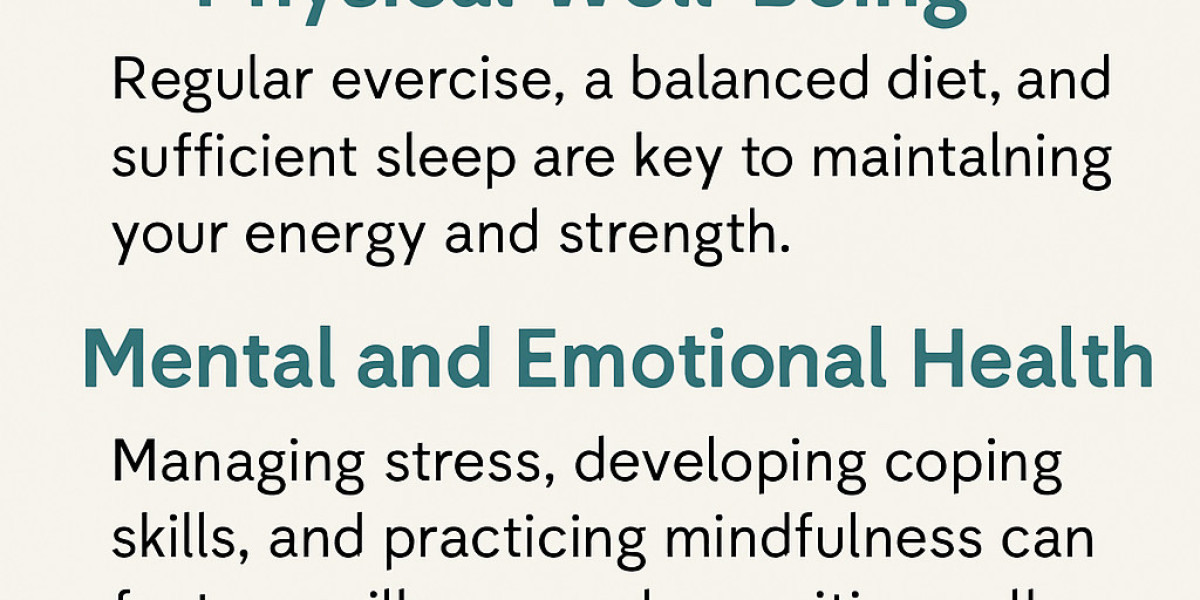Dr. Aarthi Mani, an experienced infertility treatment specialist in gurgaon at Miracles Fertility & IVF Clinic explains, “Modern living can seriously impact reproductive health, but with early diagnosis and conscious lifestyle changes, men and women can improve their fertility and increase their chances of conception.”
Here are 8 key ways modern living is affecting fertility
1. Delayed Parenthood
In today’s world, many people are delaying parenthood because of career and personal goals. This delay can have a substantial consequence on fertility, especially for women. Dr. Aarthi Mani explains, “Fertility declines naturally with age, and females are most fertile in their late teens to early 20s. Delaying pregnancy until the 30s or beyond can decrease the chances of conceiving, as both the quantity and quality of eggs decline.”
2. Age-related Fertility Reduction
Age-related fertility decline is an important concern for both males and females. Dr. Aarthi explains, "For women, fertility begins to decline after 30, with a more noticeable drop after 35. Similarly, men experience a gradual decline in sperm quality and motility as they age." Research shows that fertility rates decrease by approximately 30.5% after the age of 35 in women, while sperm quality and motility also degrade in older men.
3. Unhealthy Diets and Processed Foods
Modern eating habits, including the increasing use of fast food and processed meals, have seriously affected reproductive health. Dr. Aarthi states, “High-sugar, high-fat, and processed foods disrupt hormonal balance and can lead to obesity, insulin resistance, and other metabolic issues that affect fertility.” According to the NIH, nutrient-poor diets contribute to a reduction in fertility rates due to their negative effect on hormonal regulation and reproductive cell quality.
4. Sedentary Lifestyle
A sedentary lifestyle, characterized by long hours of sitting at desks or in front of screens, has become the norm for many people. Dr. Mani notes, “Lack of movement and prolonged sitting are directly linked to hormonal imbalances and weight gain, which can impair fertility.” The WHO reports that around 17.5% of adults globally are insufficiently active, which exacerbates issues related to infertility.
5. Physical Inactivity
Physical inactivity, or not engaging in regular exercise, has significant negative consequences on fertility. Physical activities play a key role in regulating hormone levels, maintaining a healthy weight, and improving blood circulation, all of which contribute to better fertility. The NIH finds that women who engage in regular moderate exercise have a higher chance of conception compared to those who do not exercise.
6. Increased Stress
Chronic stress is a major fertility disruptor. The demands of work, family, and modern living can lead to high-stress levels, which interfere with hormonal function and menstrual cycles. Stress can lead to irregular menstrual cycles in females and reduced sperm count and motility in males.
7. Loss of Intimacy
With hectic schedules and constant digital distractions, many couples find their emotional connection and physical intimacy weakening. The loss of intimacy, combined with the pressures of modern life, can make it harder for couples to conceive. Dr. Aarthi Mani states"Emotional stress, caused by a lack of closeness, directly impacts reproductive health, leading to disrupted hormonal cycles in women and reduced sperm quality in men."
8. Substance Abuse: Smoking, Alcohol, and Vaping
Substance use, including smoking, excessive alcohol consumption, and vaping, significantly affects fertility. Dr. Mani states, “Smoking damages eggs and sperm, while excessive alcohol intake and vaping cause oxidative stress and DNA damage to reproductive cells.”
Conclusion:
Modern lifestyle choices increasingly affect fertility in both males and females. Factors such as delayed parenthood, unhealthy diets, lack of physical activity, high-stress levels, and substance use are all contributing to fertility challenges. Knowing these influences is the first step toward making positive changes in your reproductive health. By adopting a healthier lifestyle including eating nutritious food, staying active, managing stress, improving emotional intimacy, and avoiding harmful substances, individuals can support their reproductive health and improve their chances of conceiving naturally. If you are planning to start a family and experiencing difficulties, don't wait. Consult a fertility specialist near you at Miracles Healthcare, Gurgaon, to explore your options and receive personalized care.








